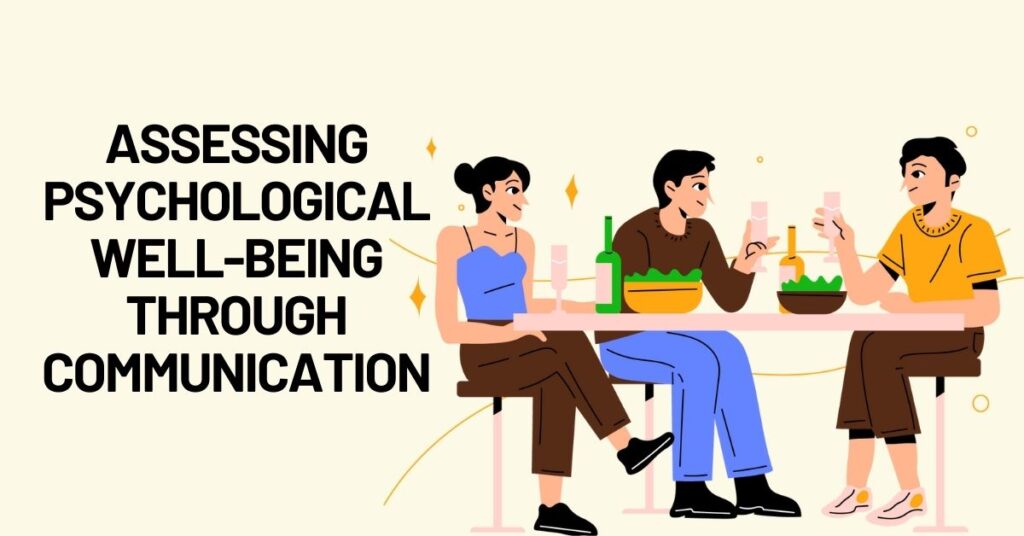
Back in the good old days when we used to get up from our desks and stroll around chatting, we could instinctively sense when someone was feeling low, was unusually quiet, or if someone was all excited and chatty.
But with work from home becoming the norm, and the disappearance of the banality of office chatter, assessing the mental well-being of colleagues is tough. Leaders and managers are now realizing that the banal chatter was not so banal, after all. It served an important purpose.
So how can we use our empathy remotely? Our experts have a few tips you can try.
- Mono syllabic responses: Even on a zoom call, our emotions can show. If someone just doesn’t want to share, or just says yes, no, ok – monosyllabic responses, it can be a sign that they are experiencing a difficult emotion. You may choose to call that person separately and ask if they would like to share, what’s on their mind. It is important to show that you sense what they feel, but also not push them too much. It is a judgement call.
- Anger, avoidance, or moody tone: When someone is going through an emotional time, they tend to speak emotionally, not logically. They might sound unsure of themselves, avoid committing to a conversation, or even get angry. Handle the conversation gently, and be supportive.
- Ghosting: This pandemic has tested us all, and it is understandable that we just want to switch off every once in a while. But someone does this often – that they shut out calls, messages, emails, it might be a sign that they are working through some emotions. You can try, gently, to see if they are willing to talk and maybe even seek support.
If you have noticed anything else, tell us in the comments below. Share this with your colleagues and always remember, seeking support is a sign of strength and maturity.




